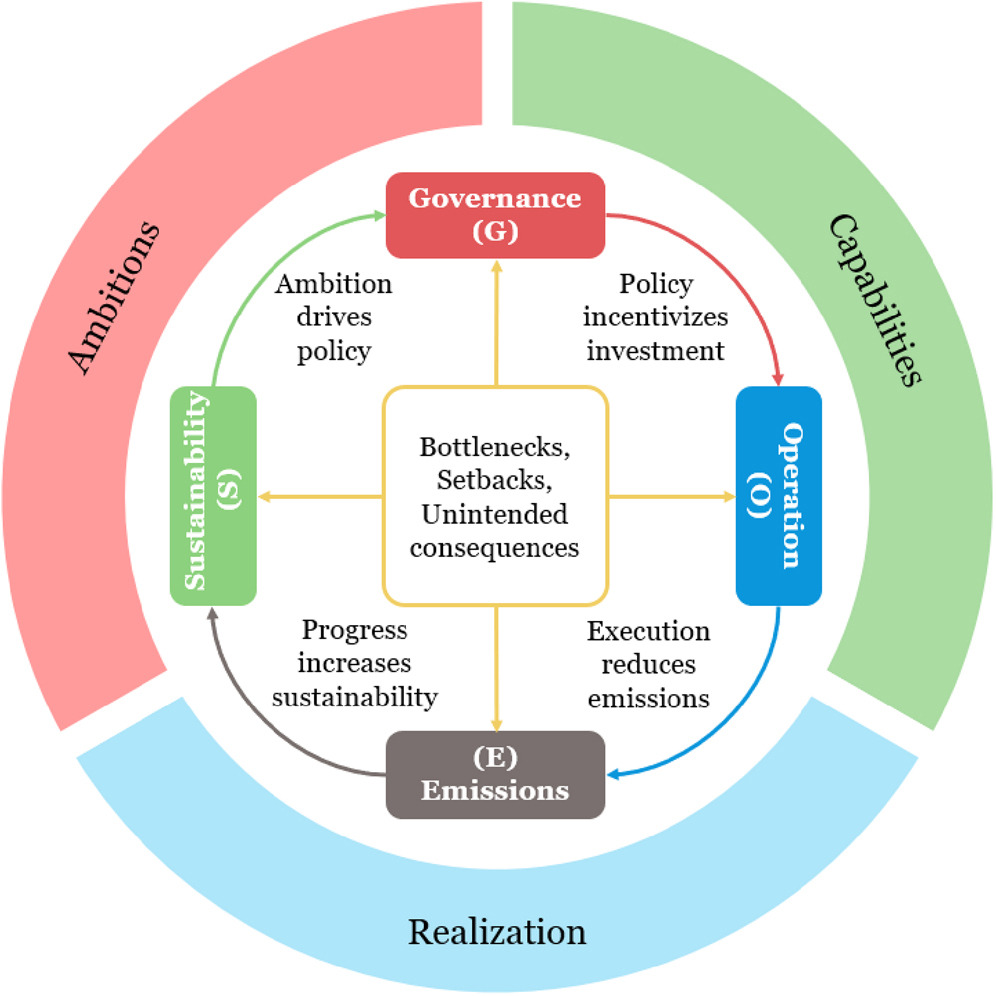Elsevier, The Lancet Planetary Health, Volume 6, January 2022
Background: Climate change and air pollution are two major societal problems. Their complex interplay calls for an advanced evaluation framework that can support decision making. Previous assessments have looked at the co-benefits of climate policies for air pollution, but few have optimised air pollution benefits. In our study, we lay out a modelling framework that internalises air pollution's economic impacts on human mortality, while considering climate constraints and aerosol feedback.
Elsevier, iScience, Volume 25, 21 January 2022
Mitigating and adapting to climate change requires decarbonizing electricity while ensuring resilience of supply, since a warming planet will lead to greater extremes in weather and, plausibly, in power outages. Although it is well known that long-duration outages severely impact economies, such outages are usually not well characterized or modeled in grid infrastructure planning tools. Here, we bring together data and modeling techniques and show how they can be used to characterize and model long-duration outages.
Elsevier, iScience, Volume 25, 21 January 2022
A growing number of governments are pledging to achieve net-zero greenhouse gas emissions by mid-century. Despite such ambitions, realized emissions reductions continue to fall alarmingly short of modeled energy transition pathways for achieving net-zero. This gap is largely a result of the difficulty of realistically modeling all the techno-economic and sociopolitical capabilities that are required to deliver actual emissions reductions.
Elsevier,
Journal of Responsible Technology, Volume 9, April 2022, 100024
A study of the risks from emerging technologies, such as artificial intelligence, and their disproportionate impact on particularly vulnerable individuals or groups in a community. The authors identify and map types of harms or injustices experienced in the digital space to understand how they are translated into rights violations by adjudicative bodies. Racial structural injustice is one aspect of the research.
Elsevier,
The Lancet Regional Health - Americas, Volume , 2022
This Article supports SDG 3 and 10, looking at COVID-19 vaccination, incidence, and mortality data among Indigenous people in Brazil. Incidence was noted to be higher and vaccination coverage lower than in the general population. The paper notes that COVID-19 cases and deaths among Indigenous people could have been improved with better policies and strategies, including improved communication to these communities regarding the vaccine.

